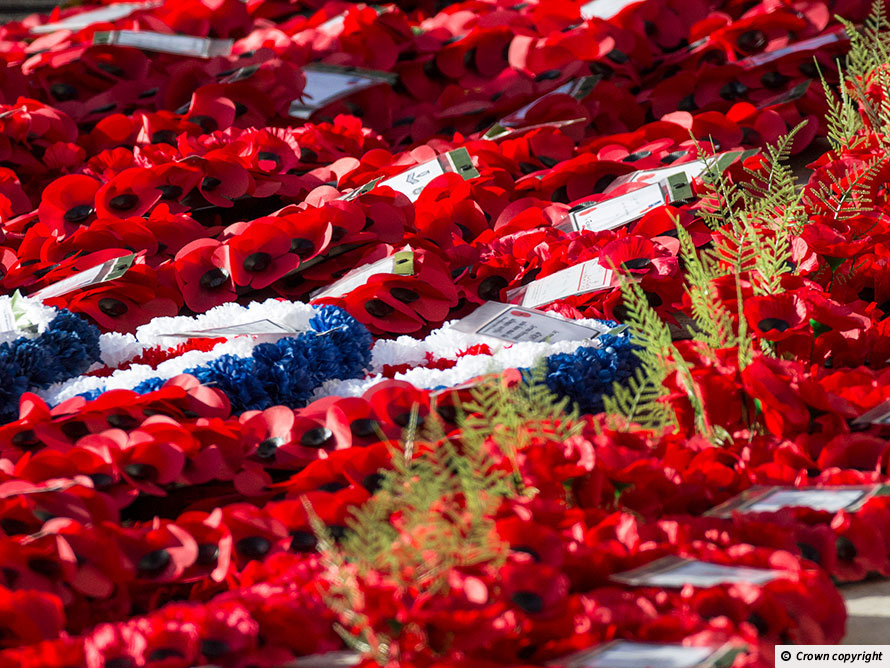Does Remembrance Day glorify war? There are fears that a pro-Palestinian march in London on Saturday could disrupt a commemoration that some — but not all — consider sacred.
I was wrong not to wear a poppy says writer
 Painful memory: An estimated eight million servicemen were killed during World War One.
Painful memory: An estimated eight million servicemen were killed during World War One. Glossary
Ypres - A town in the Belgian province of West Flanders surrounded by many cemeteries, memorials and war museums honouring the battles of World War One.
Armistice - A truce or agreement to stop fighting for a certain amount of time.
Royal British Legion - A British charity providing financial, social and emotional support to members and veterans of the Armed Forces.
Veterans - People who used to serve in the army.
Wilfred Owen - A famous English poet and soldier of the First World War.
Glorified - Praise or honour someone or something.
Remembrance - The action of remembering or commemorating the dead.
Diplomacy - The art of dealing with people in a sensitive way.
